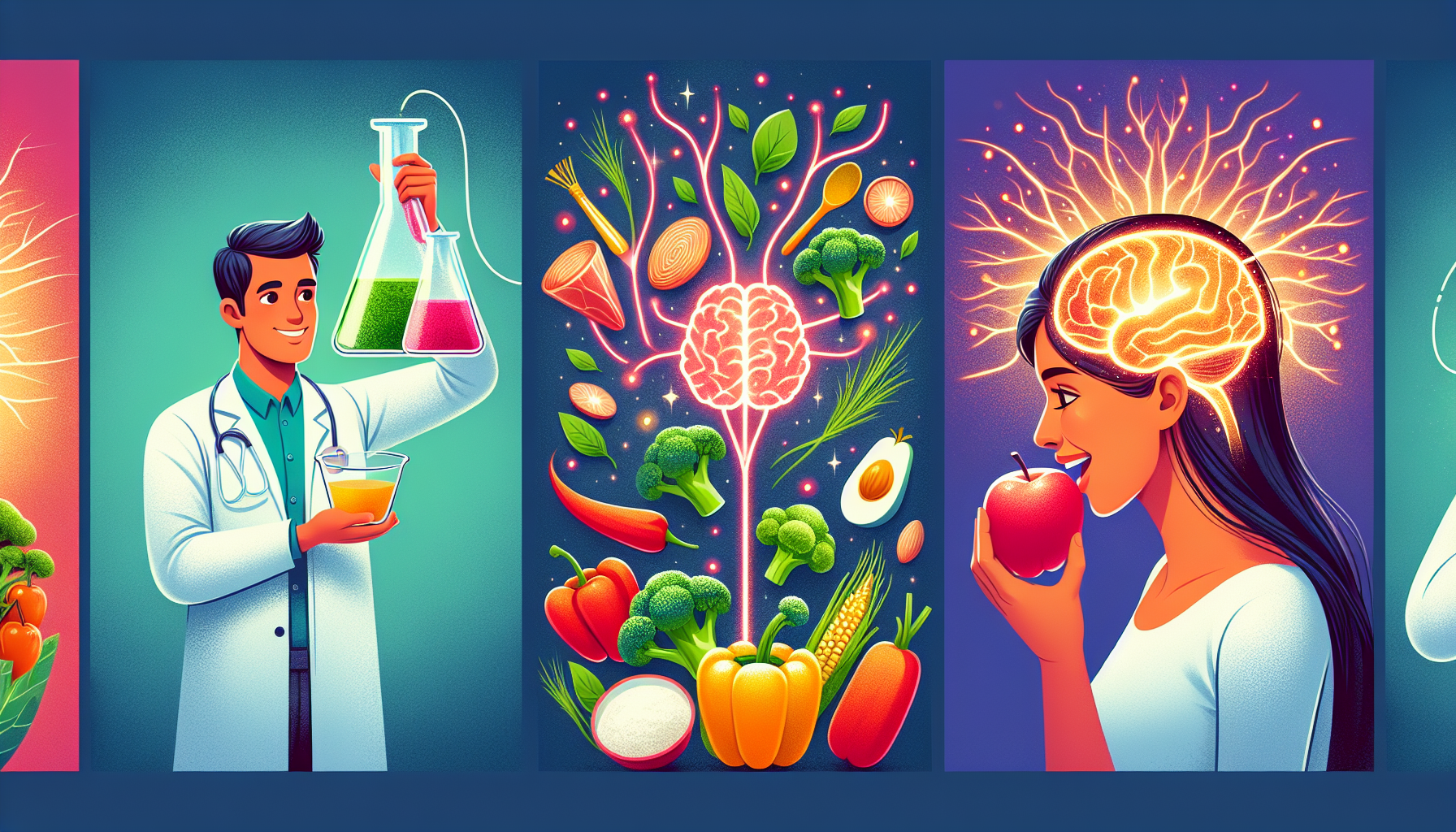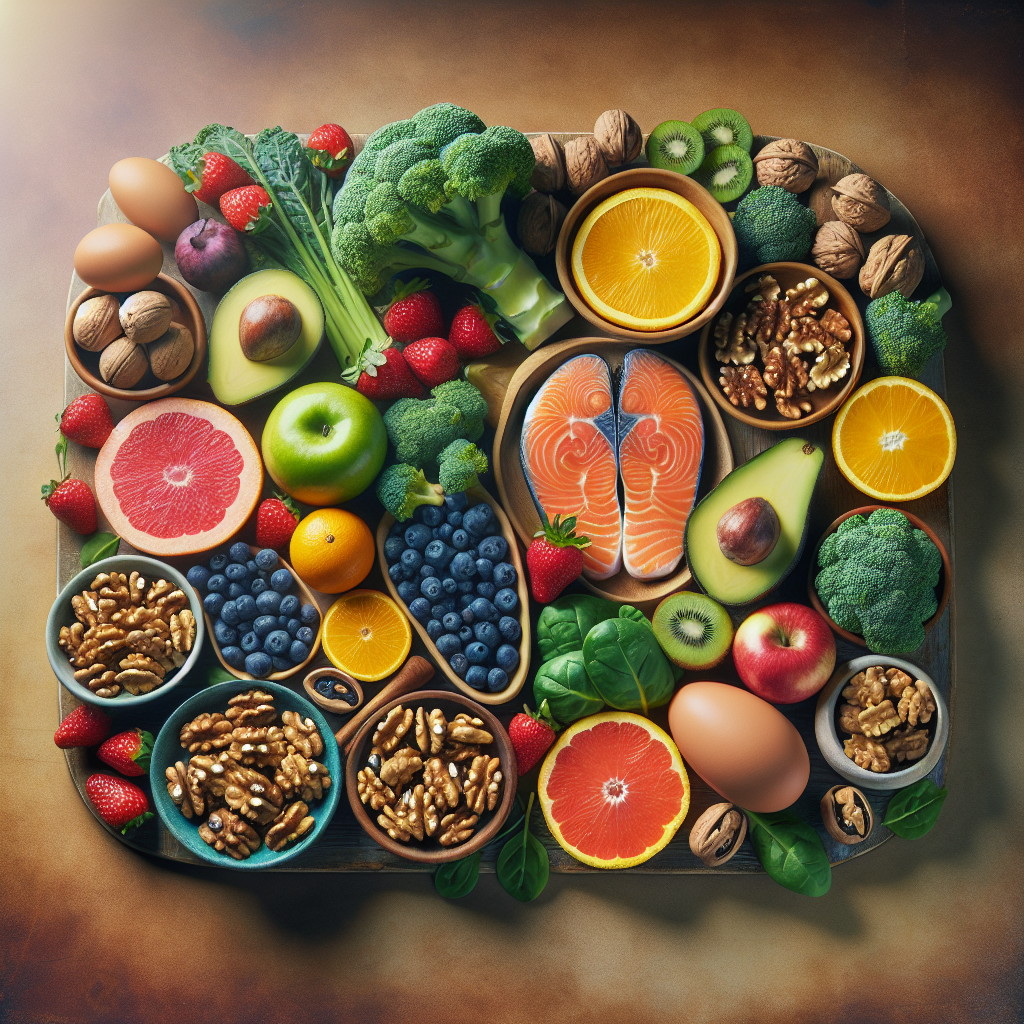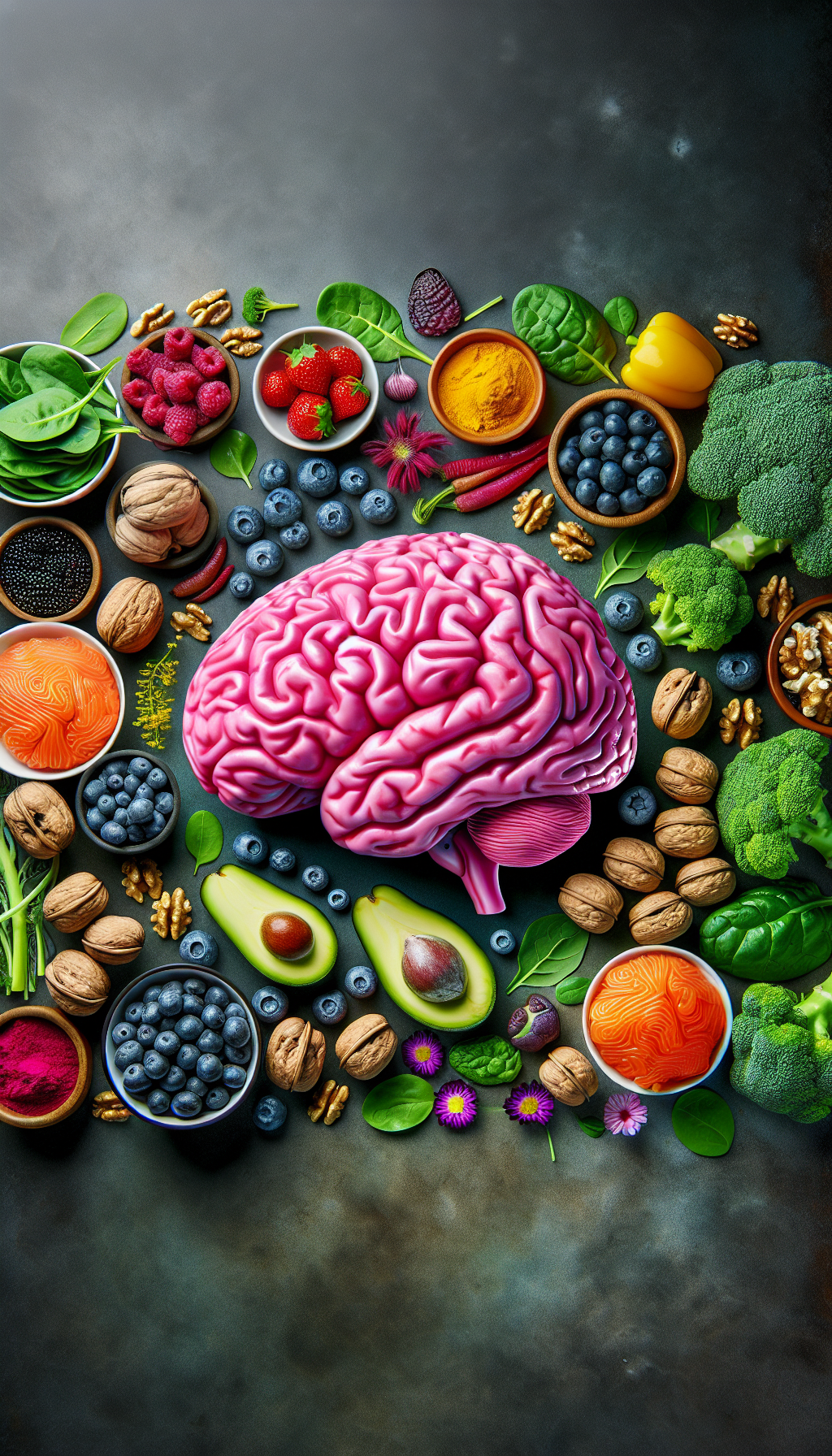As we journey through life, our brain’s capacity to function optimally becomes a central concern, especially as we age. The significance of nutrition in maintaining brain health and prolonging its vitality cannot be overstated. In this comprehensive exploration, we delve into the intricate relationship between our dietary choices and the aging brain, offering insights and strategies designed to enhance cognitive longevity.
The Foundation of Brain Health: Nutritious Diet
A well-rounded diet is paramount for sustaining brain health. The brain is an energy-intensive organ, consuming approximately 20% of the body’s caloric intake. Nutrients such as omega-3 fatty acids, antioxidants, vitamins, and minerals are vital for cognitive function and can be found in foods like fatty fish, berries, leafy greens, and nuts. For more detailed guidance on fostering brain health through diet, visit Brain Health.
The link between nutrition and brain aging is evident through studies highlighting the role of dietary patterns, such as the Mediterranean diet, in reducing the risk of cognitive decline. This diet emphasizes the intake of whole grains, fruits, vegetables, fish, and olive oil, all rich in nutrients that combat oxidative stress and inflammation—two factors significantly influencing brain aging.
Anti-Inflammatory Foods and Brain Longevity
Chronic inflammation is a known contributor to neurodegenerative diseases and cognitive decline. Incorporating anti-inflammatory foods into one’s diet is a proactive step toward safeguarding the brain against age-related damage. For example, turmeric contains curcumin, a compound with potent anti-inflammatory properties, which has been linked to improved cognitive function. Explore strategies for reducing brain inflammation with natural foods and practices in Strategies for Reducing Brain Inflammation Naturally.
Cognitive Enhancement Through Essential Fats
The brain’s structure is significantly composed of fats, including the essential fatty acids EPA and DHA, which are crucial for maintaining neuronal integrity and fluidity. Omega-3 fatty acids, particularly found in fish oil, have been associated with decreased rates of cognitive decline and may enhance brain plasticity. Discover how to optimize brain function with these critical nutrients in Optimizing Brain Function with Essential Fatty Acids.
Antioxidant-Rich Diets and Neuroprotection
Antioxidants play a defensive role against oxidative stress, which accelerates brain aging. Foods rich in vitamins C and E, flavonoids, and polyphenols can bolster the brain’s resistance to oxidative damage. Berries, dark chocolate, and green tea are excellent sources of antioxidants. The neurological benefits of such diets are discussed in detail in Evaluating the Neurological Benefits of Antioxidant-Rich Diets.
The Role of Hydration in Brain Function
Adequate hydration is essential for cognitive processes. Water comprises a significant portion of the brain, influencing neurotransmission and removing toxins. Inadequate hydration can lead to reduced attention, memory, and complex problem-solving abilities. Understanding the Neurological Benefits of Hydration is key to maintaining cognitive function.
External Resources for Further Understanding
- The intricate relationship between diet and brain health is further illuminated by the Global Council on Brain Health, which provides a compilation of dietary recommendations and research findings on nutrition’s impact on cognitive function.
- The Alzheimer’s Association offers tailored dietary advice to support brain health and potentially reduce the risk of dementia through nutrition.
- In-depth research on the neuroprotective effects of omega-3 fatty acids can be found in the works published by the Society for Neuroscience.
Beyond Diet: Lifestyle Factors Influencing Brain Aging
Nutrition is a critical element in the mosaic of factors that influence brain aging. Physical exercise, cognitive stimulation, adequate sleep, and stress management play significant roles in maintaining brain health. Engaging in activities that challenge the brain, such as learning new skills, can foster neuroplasticity and build cognitive reserves. Staying socially active and connected with others can also provide mental stimulation and emotional support, further contributing to brain vitality.
Conclusion
Nutrition’s influence on brain aging and longevity is profound and multifaceted. A diet rich in anti-inflammatory foods, essential fatty acids, antioxidants, and adequate hydration can make a difference in preserving cognitive health and enhancing quality of life as we age. By combining these nutritional strategies with other healthy lifestyle practices, we can support our brain’s ability to function optimally throughout our lifespan.



